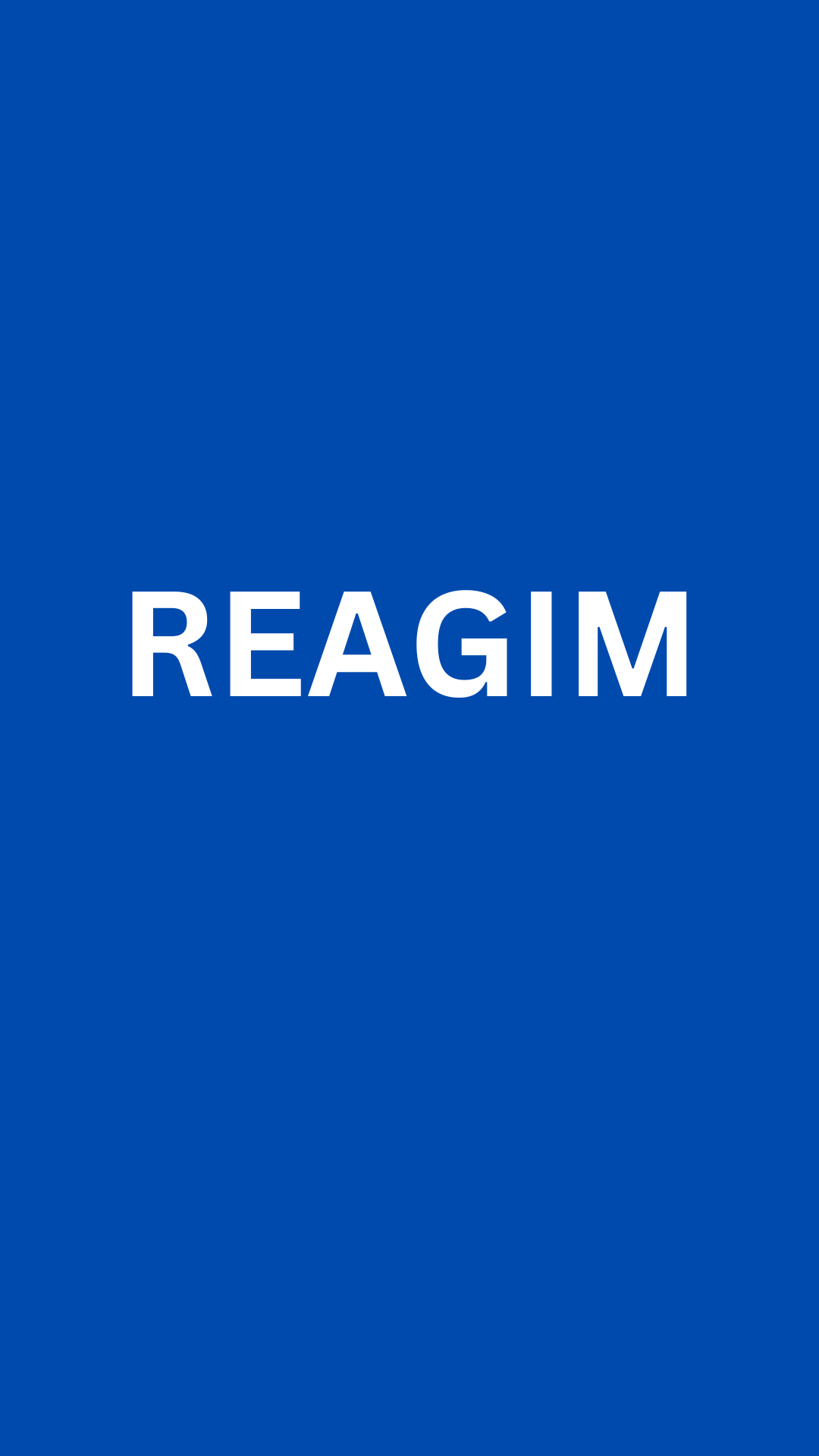Dear friends from civil society,
It is with deep regret that we read your public reaction to our open letter, which we had addressed to the
Directorate for Internal Affairs of the European Commission, concerning their proposal to include the
passports issued by the Serbian Coordination Directorate (Koordinaciona uprava) in the White List of the
Schengen Zone. We believe that our close relationships would have further benefited should you have
addressed your concerns directly to us, rather than resorting to public discourse. However, respecting your chosen method, this response submitted to you will also be made public.
We found your response to be one-sided and factually incomplete, particularly in how it addresses the
issue of passports issued by the Serbian Coordination Directorate, failing to adequately consider the
broader political and historical context of the Kosovo-Serbia relationship.
Firstly, there is a misrepresentation regarding the passports issued by the Serb Coordination
Directorate. These passports depict the settlements and territory of the Republic of Kosovo as if
they are part of the Republic of Serbia. The passports are not issued to Serb citizens residing in
Kosovo as if they were living abroad, but rather to Serb citizens in Kosovo whom Serbia considers
as citizens of its own territory, a same token used by Serbia for the entire population of Kosovo
since June 1999.
Secondly, the discussion around dual citizenship and the alleged challenging of rights it entails was
misleading. Kosovo Serb citizens, by virtue of their Kosovo citizenship, already are eligible for the
right to visa-free travel in the Schengen Area. The legitimization of passports issued by Serb
Coordination Directorate serves not this purpose, but rather to sustain Serbia’s parallel structures
within Kosovo.
Thirdly, there was a glaring omission of Serbia’s persistent efforts over the past 23 years to
undermine Kosovo’s sovereignty and its mere existence. This includes the orchestration of criminal
networks that actively obstruct Serb citizens of Kosovo from obtaining Kosovo-issued documents,
license plates, and passports. These citizens face continual threats, including car burning and other
forms of violence, a topic we have previously discussed together.
Fourthly, there is a notable disregard for the principles defining the sovereignty of the Republic of
Kosovo. These principles establish that Kosovo’s authority is exercised with respect for the rights
and freedoms of all its citizens and individuals within its borders. No other state can exercise this
authority, especially not through such illegal mechanisms that aim to erode the attributes of
Kosovo’s statehood.
Given that integration is a nuanced and sensitive process, the issues we have raised are inevitable when
considering Serbia’s institutional approaches towards matters affecting Kosovo’s subjectivity, integrity, and sovereignty. Consequently, drawing parallels with the right to dual citizenship, while overlooking these specific circumstances and misrepresenting facts, distorts the truth and seriously infringes upon the
integrity and sovereignty of the Republic of Kosovo.
It is precisely the infringement of Kosovo’s integrity and sovereignty that is addressed primarily by our
letter to the European Commission. It is a basic principle of the EU-mediated agreements between Kosovo
and Serbia, agreed upon in Brussels and Ohrid this year. As organizations founded, registered, and
operating in the Republic of Kosovo, we unequivocally recognize Kosovo as an independent and sovereign
state. It is our assumption that all civil society organizations founded, registered, and operating in the
Republic of Kosovo share this understanding, acknowledging this fundamental fact since 2008, thus not
take offense at demands grounded in this reality. Instead, focus should be on resolving the practical
challenges faced by Kosovo Serb citizens in obtaining Kosovo documents, in line with these principles.
Our request is principled and fully aligns with our longstanding commitment to a democratic Kosovo,
inclusive of all citizens, particularly the full integration of Kosovo Serb citizens into its public and political
life. We collaborate with you in these endeavors and remain dedicated to an open dialogue on issues vital
to the citizens we serve. To further this commitment, we plan to invite you to a joint all-day meeting next
week. This meeting aims to facilitate open and direct discussions on various topics of interest, including
collaborative efforts to urge Kosovo’s institutions to expedite and simplify the process of obtaining Kosovo
documents for all citizens. In this manner, we intend to continue these important conversations directly,
rather than through public communication channels.
Sincerely,
- Kosovar Civil Society Foundation (KCSF)
- Group for Legal and Political Studies (GLPS)
- European Policy Institute of Kosovo (EPIK)
- Kosovo Law Institute (KLI)
- DokuFest
- ÇOHU!
- Institute for Development Policy (INDEP)
- Kosovo Democratic Institute (KDI)
- Kosovar Gender Studies Center (KGSC)
- Prishtina Institute for Political Studies (PIPS)
- FOL Movement
- Democracy Plus (D+)
- Kosovo Women’s Network (KWN)
- Kosovar Stability Initiative (IKS)
- GAP Institute
- Democracy for Development (D4D)
- Initiative for Progress (INPO)
- Community Development Fund (CDF)
- Organization for Increase of Quality in Education (ORCA)
- GERMIN
